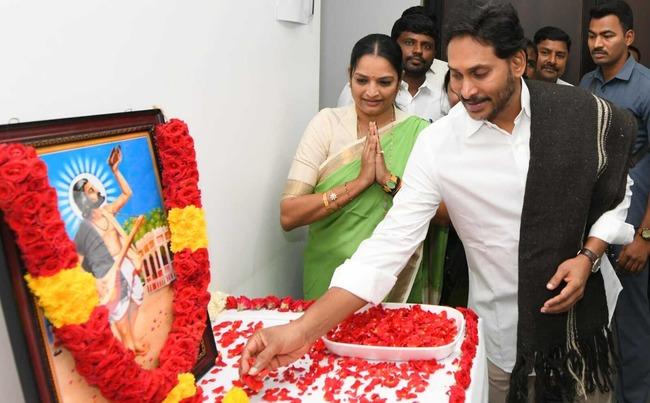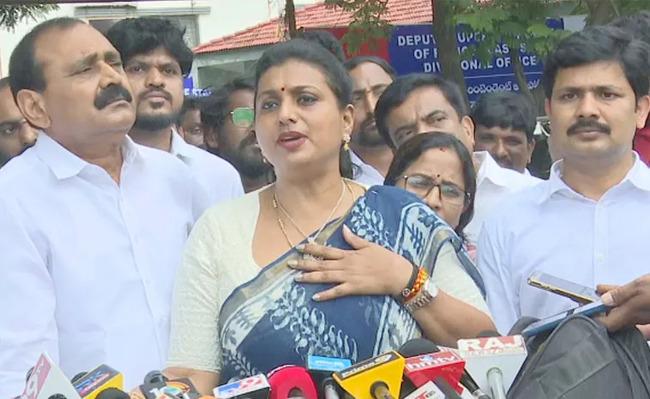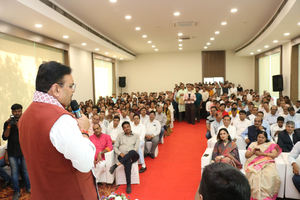Cambridge: With a few flaps of his arms, Kip Fenton soared into the New York City skyline, veering around a sea of skyscrapers as the wind whistled in his ears. Then, all too soon, the goggles came off and he was back in a bright white room near Boston, no longer a bird but a 59-year-old software developer in blue jeans and a green plaid shirt. Outside a tall window, a man with a cellphone stopped to snap a photo of Fenton and the odd contraption that had given him the sense of flight. “I’ve always wanted to fly,” said Fenton. “It’s sort of one of those fantasy things where, if I could be an animal, I would be a bird.” The human fascination with flight is what inspired Max Rheiner, a Swiss artist and scholar, to invent the flight simulator that Fenton tested on Thursday. Called Birdly, the prototype is being exhibited through Saturday at Le Laboratoire, a small art and design center tucked in Cambridge’s sprawling technology hub.”Birdly is actually the dream of flying come true,” said Rheiner, who has been taking his invention around the world since the summer of 2014.
It looks like a futuristic examination table with wings. Users climb on, belly down, and stretch their arms out to either side, resting their palms flat against tilting boards that act as the flight feathers. After they slip on a set of headphones and virtual reality goggles, the machine tilts forward to bring their legs farther off the ground.Suddenly, the goggles fill up with a bird’s eye view of Manhattan and everything is moving. During his test run, Fenton rotated his palms upward to climb toward the sky, the whole machine tilting his body upward, and then he reversed the motion to take a downward dive. To speed up, he flapped his long arms over and over. The whole time, a nearby fan rustled his hair, and the sound of wind whirred in the headphones. When he turned his head, he had a sweeping view of the entire horizon. “That was great. I loved it,” he said afterward. “The turning and the diving was all pretty straightforward.” Because there’s no way to know how a bird feels in flight, Rheiner and his team tried to replicate human dreams of flying.
Recent Random Post:
















